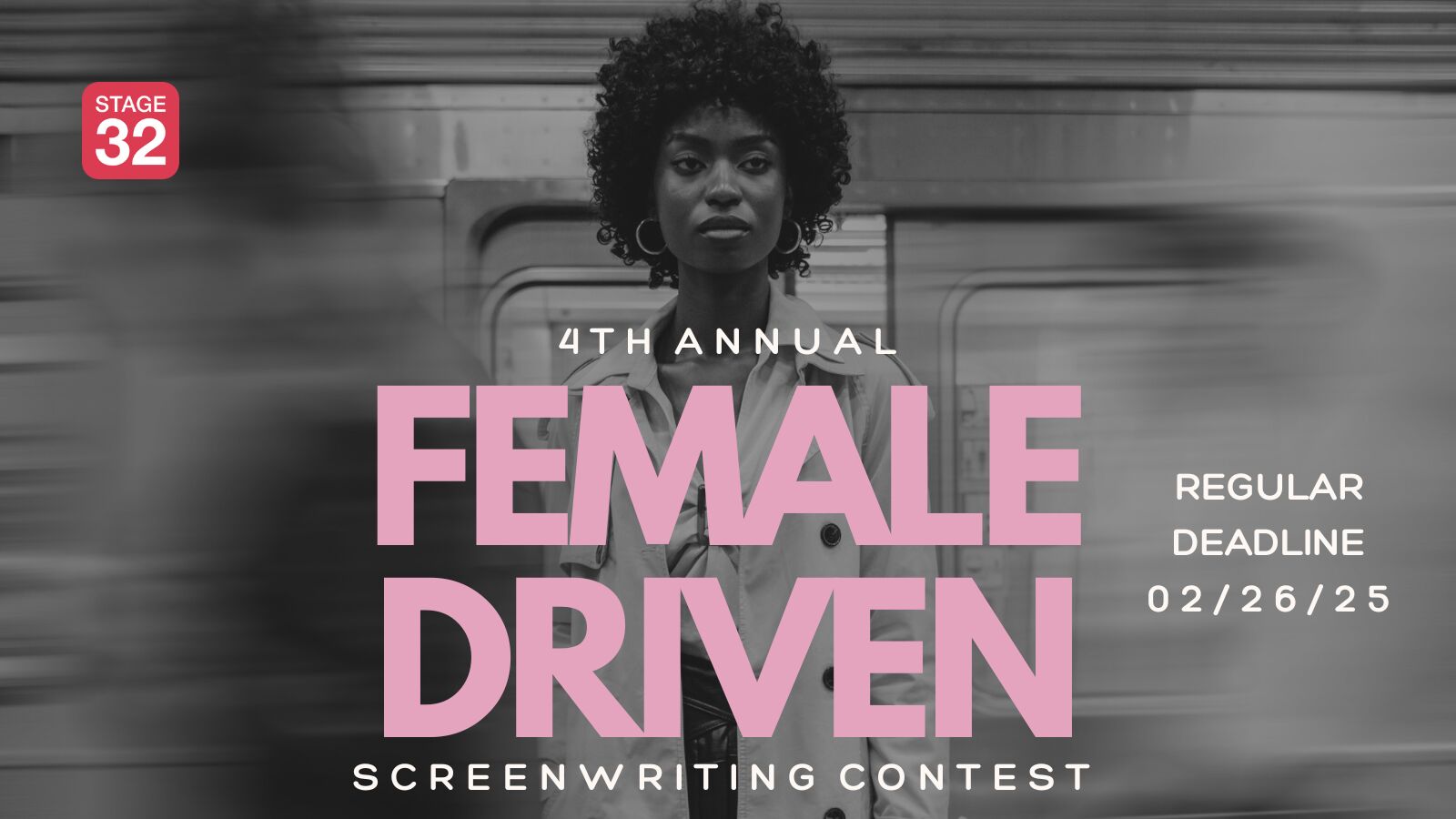As a composer who recently created "Fire Queen"—a powerful and cinematic piece completed in under 2 hours—I want to share insights and strategies that helped me work efficiently while maintaining quality. The world of scoring for film, video, or theater requires not just creativity, but also the right blend of hardware, software, and workflow management.
My Key Strategies:
Optimized Workflow: I prioritize a clear structure and setup for my DAW (Digital Audio Workstation). Whether using Logic Pro, Cubase, or another platform, customizing templates and pre-setting sound libraries is a time-saver.
Hardware Essentials: Working with a reliable MIDI controller and a high-performance system ensures that my creativity flows without technical hiccups.
Software Favorites: I rely on a mix of orchestral VSTs like Spitfire Audio, alongside plugins that offer both warmth and cinematic depth.
Style and Process: When working on an epic score, I start by outlining the thematic elements, choosing motifs that represent the essence of the character or scene. For "Fire Queen," it was essential to create a feeling of power and majesty, which guided my choice of instruments and composition style.
Collaboration: Collaborating with directors and production teams early in the process ensures the score aligns with the visual storytelling.
Final Thoughts:
Understanding the business aspect is also critical. Networking, contracts, and intellectual property rights should not be overlooked by any composer aiming for sustainable success in the industry.
I hope these tips resonate with fellow composers and those exploring the intricate world of film scoring. Feel free to share your own experiences or ask questions about specific aspects of the process.




4 people like this
Thanks for sharing your insights and strategies, Shahriar Vaghfrahmani. Incredible score!
3 people like this
Yes, Shahriar Vaghfrahmani , having DAW templates are important! I was thinking of one this weekend, though thought about the tempo; guess I could have changed it, though did think about sounds / VSTs in place.
You mention IP - for quick turnaround for filmmakers, do you ever wait until film is done before copywriting? It seems indie composers would have to add it later. “A” Composers have the major publishers do it for them, right ?
Would Indie composers have some options for others to do some of the Admin work for them?
Know publishers do the METADATA for some
Tunes / Instrumentals. I’ve heard some Indie projects composers need to do and / or check Cue sheets.
I’m fairly new to film music, though have learned a lot from different people in the industry.
3 people like this
As with any profession, you need to be able to do it right and do it right now.
2 people like this
I am also new, dear Kerry Kennard
Anyway, in my opinion, a composer should only compose and leave the rest to other people, be it robots/sites or humans.
Also, sometimes I take the tempo from the video, sometimes from the feeling of the pictures, sometimes from the feeling of the actor, sth. Animals/wind/tools and etc. , sometimes from my own feeling, and often I pay attention to the heart beats of the main character even myself.
1 person likes this
Brilliant! Subbed your channel!